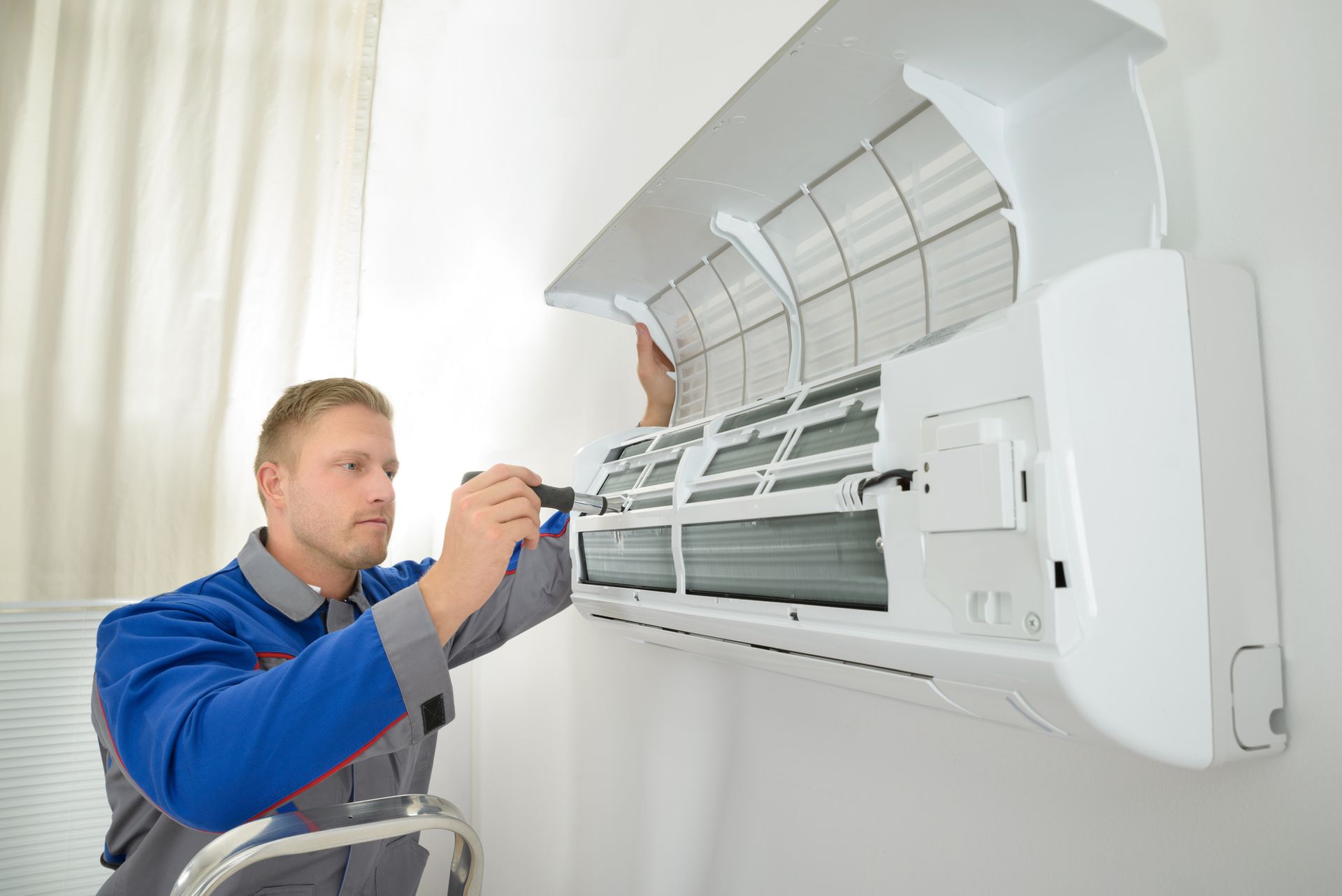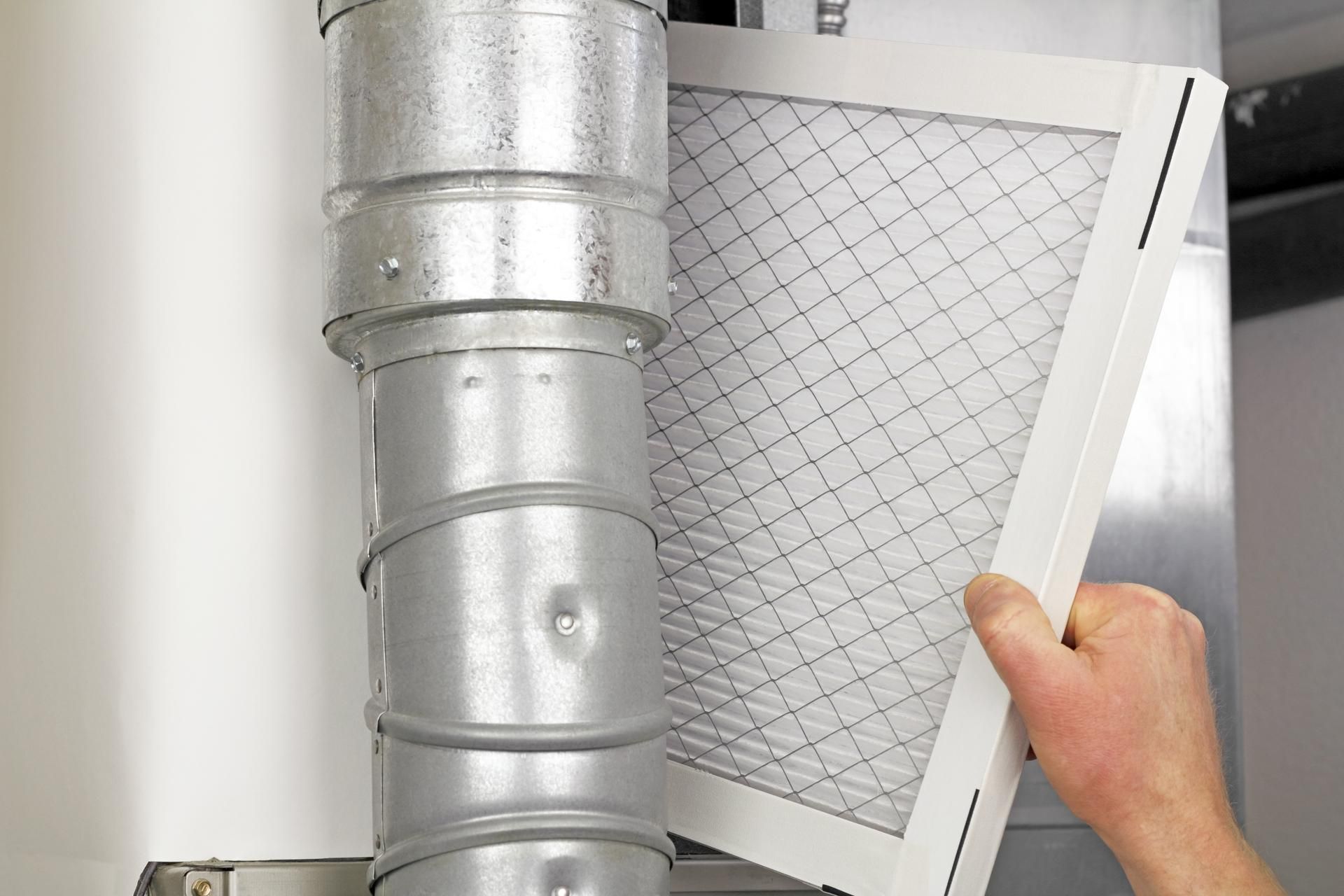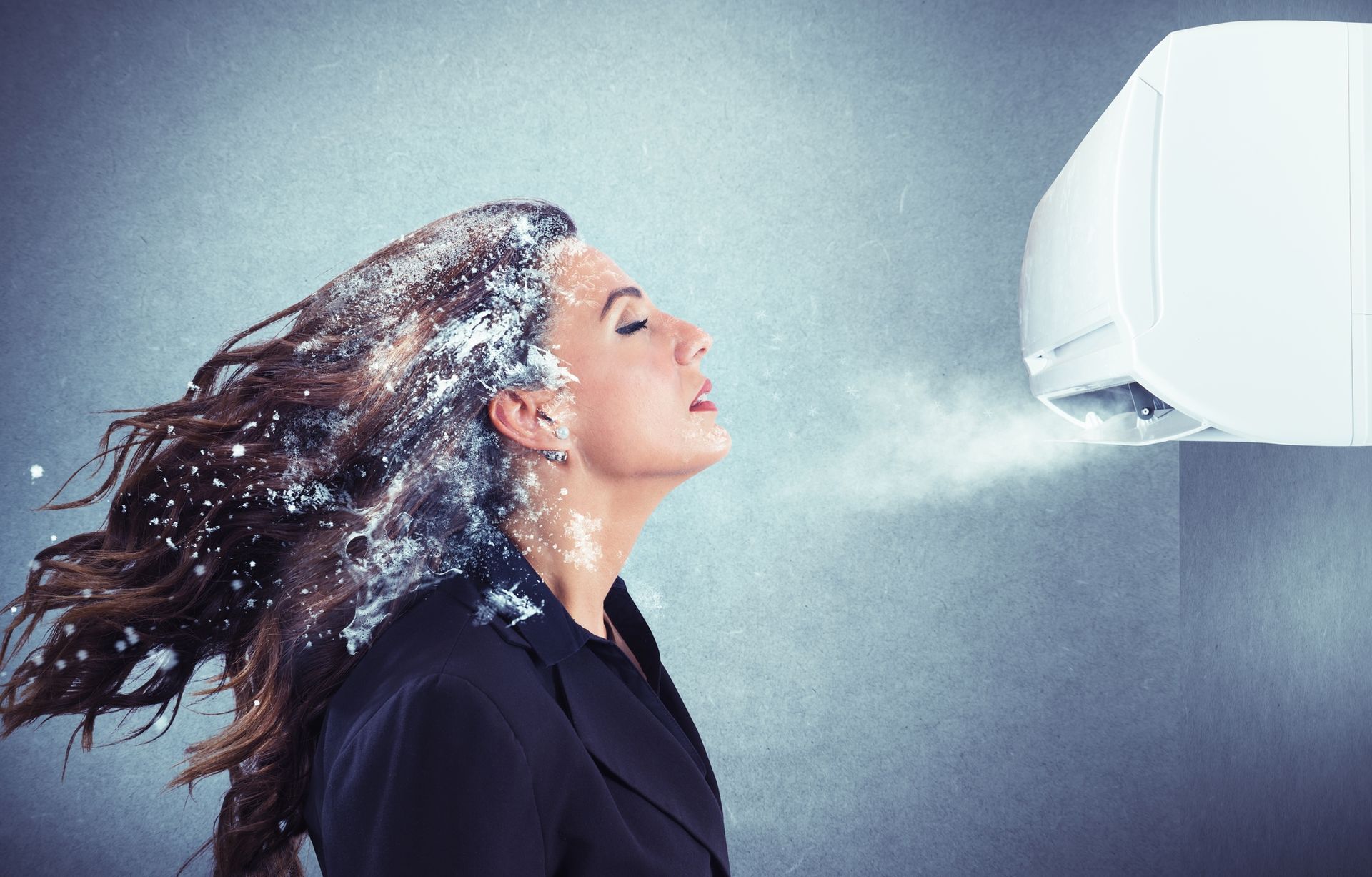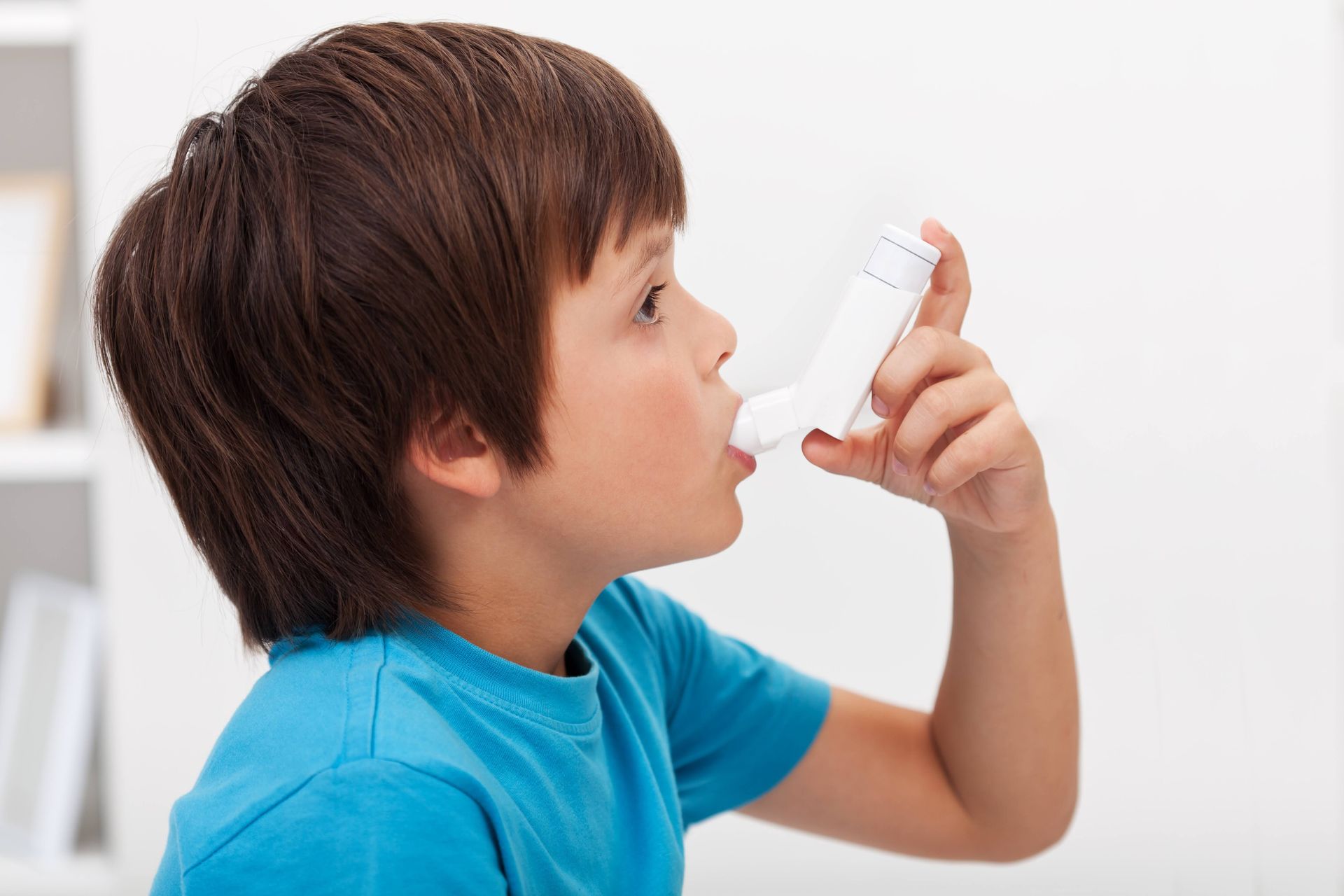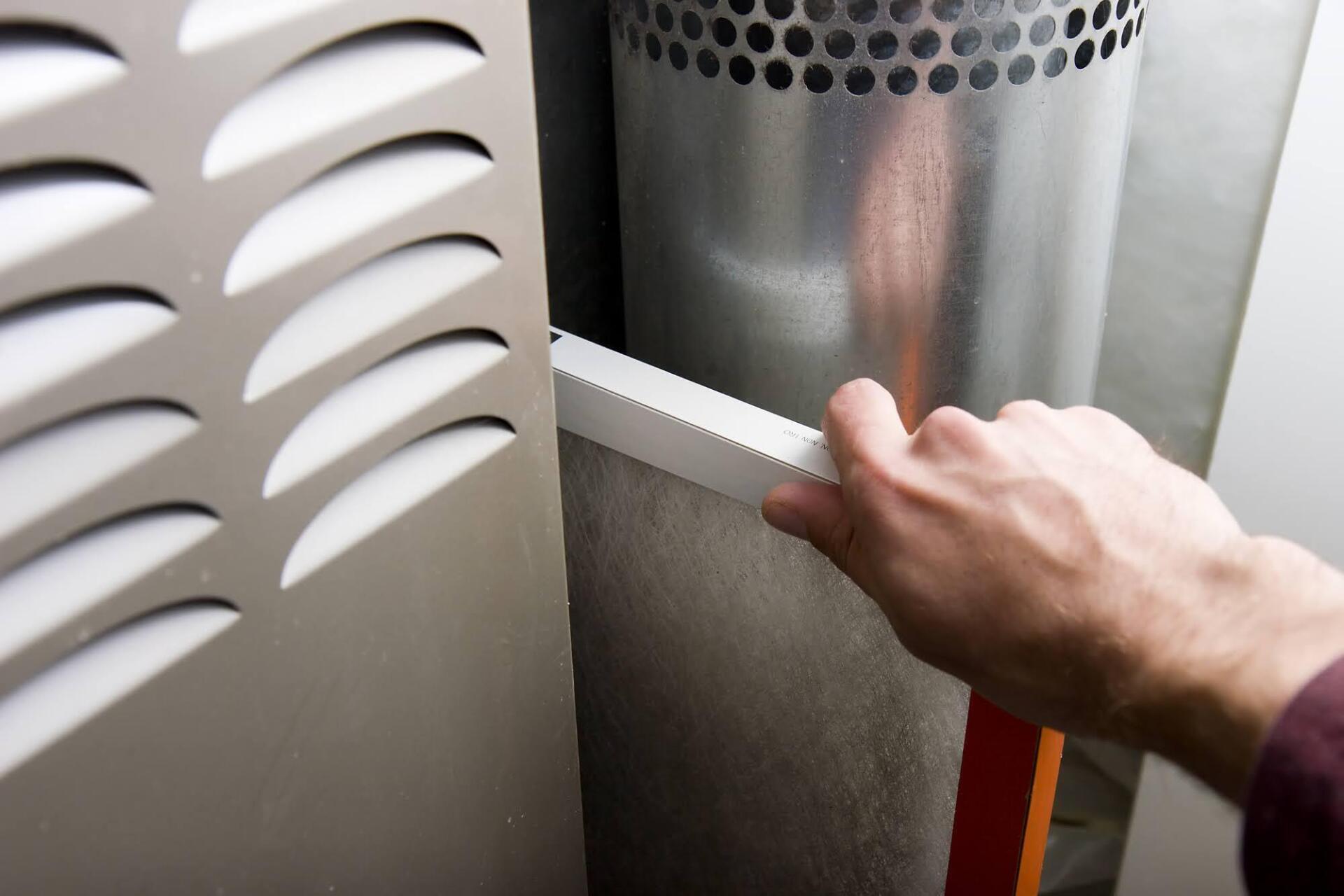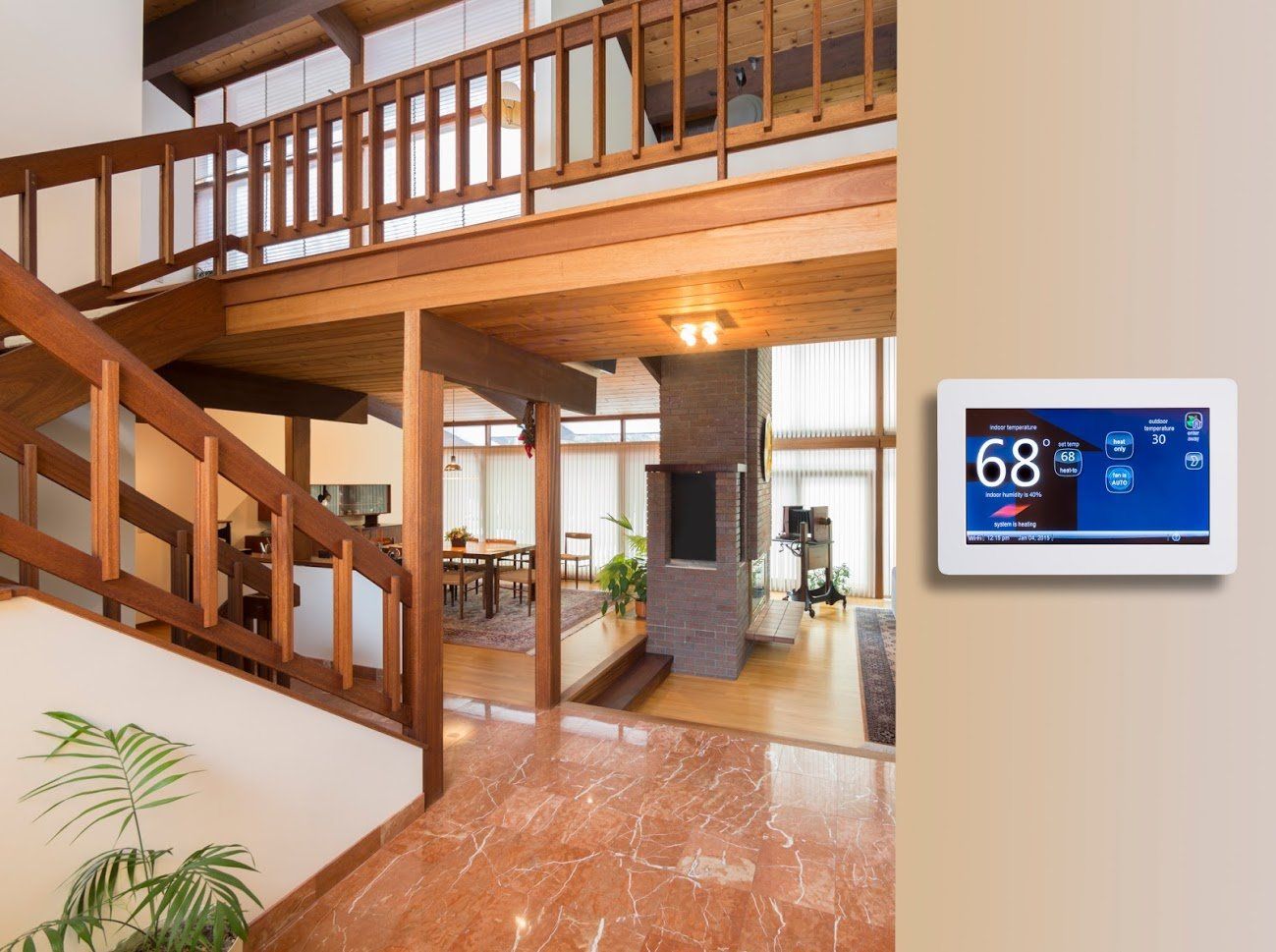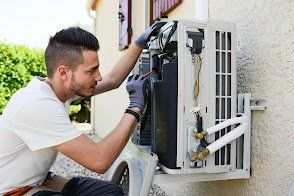Why Is Your House So Cold?
| January 20, 2022
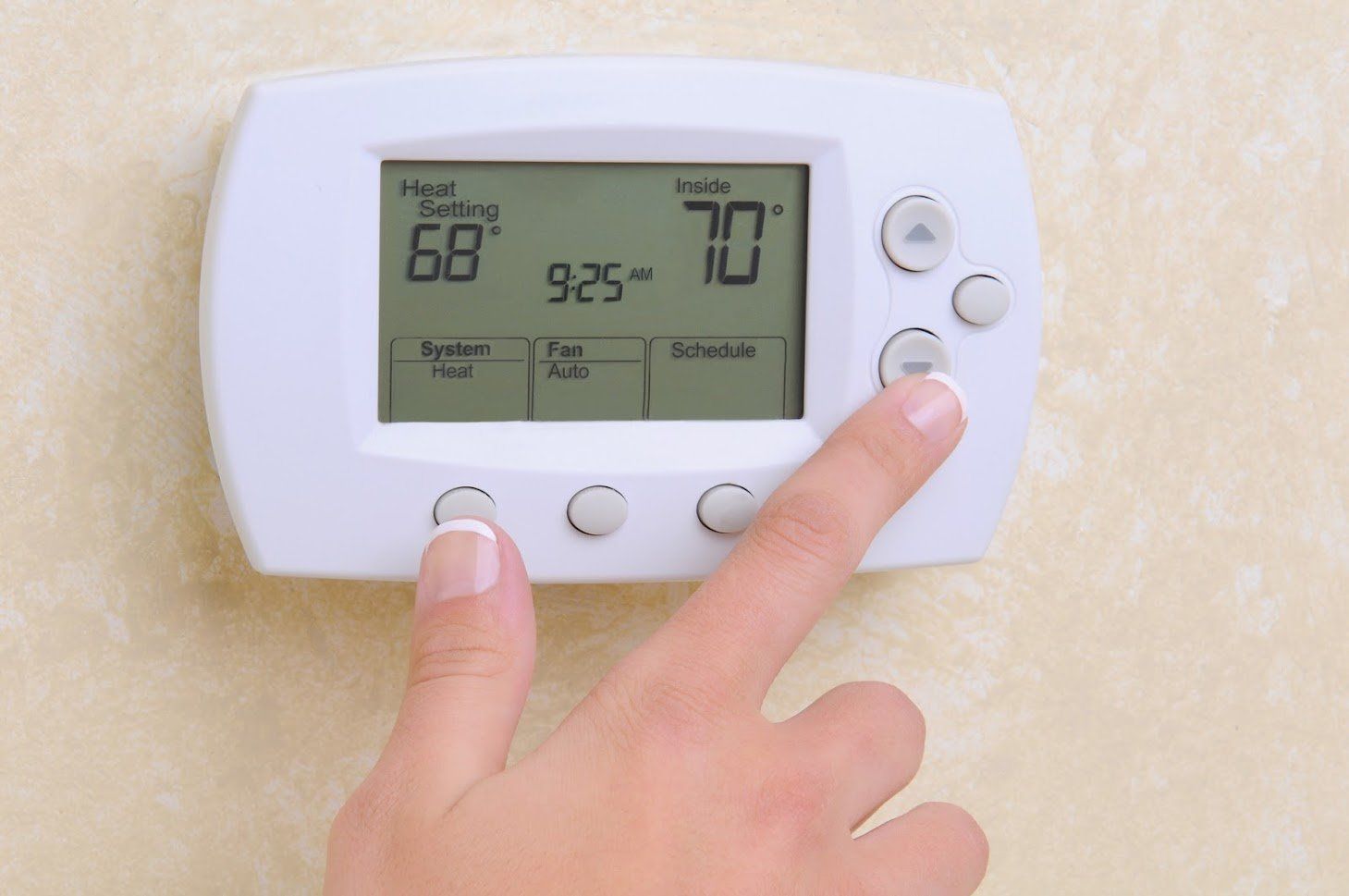
During the cold winter months, you likely turn up your furnace to stay toasty warm. However, even after setting that thermostat to the perfect setting, you may feel too cold. Your home may not heat properly for many reasons. If you would like to know more, check out these three reasons your house may be too cold.
1. Dirty Furnace Filter
The furnace filter helps prevent dust, dander, and other debris from getting inside the system. Of course, over time, these particles clog the filter, which is why furnace filters need regular cleaning or replacement. Typically, you should replace or clean your air filter around every three months. If you have lots of pets or a pet that sheds a lot, you may need to change it more often.
Despite a clogged filter, your system will still force the air through the filter before sending on its way to you. Naturally, clogs make it hard for the air to pass through, causing less heated air to reach your living space, making your home cold. Therefore, even if you set the thermostat to 70 degrees, the house may be significantly colder.
A dirty furnace filter can also put extra wear and tear on the system, causing it to become less effective at performing. Once this happens, replacing the filter alone may not be enough of fix the problem. You may need repairs or maintenance to address the wear and tear and any potential damage. In some cases, the dust can get inside the ducts and clog them. This effects how much heated air reaches you, but it also puts more stress on the system.
2. Small System
When choosing any heating device for your home, consider the range. A large home needs a big furnace to heat the house, but a smaller home can get away with a smaller furnace. If your system is too small for your home, it simply may not be powerful enough to adequately heat your home. As an added insult, the system may try to work harder to heat your home, which can strain the system, causing it to become less effective.
If your system is too large, you may not have an issue with cold temperatures, but the system will cycle on and off more often than normal, which can also contribute to wear and tear and efficiency. Your only real solution in this case is to get a new appropriately sized system.
3. Damaged Ductwork
A forced air heating system relies on a series of ducts to transport the heated air to parts of the home. When the ductwork is damaged, however, this can lead to major energy loss. The heated air literally escapes the ducts, so less heated air reaches you.
This can also happen with the return side of the ducts. Ideally, the ductwork should have ducts that send heated air to you and ducts that pull the used air back into the system to reheat. If the return ducts are damaged or missing, the area around the furnace can get cold, forcing the furnace to work harder.
Besides damage, check your ductwork for adequate insulation, especially in areas like the attic and basement. Since these rooms aren't usually temperature-controlled, they can cool the air inside the duct before it reaches you.
Keeping your home warm shouldn't be a battle, but if your HVAC system hasn't had maintenance, or you've caused some damage to the system yourself, your home may be too cold. In most cases, however, you can fix the problem to boost efficiency and effectiveness. If you would like to learn more, contact us at Central York today.
BROWSE OUR WEBSITE
CONTACT INFORMATION








